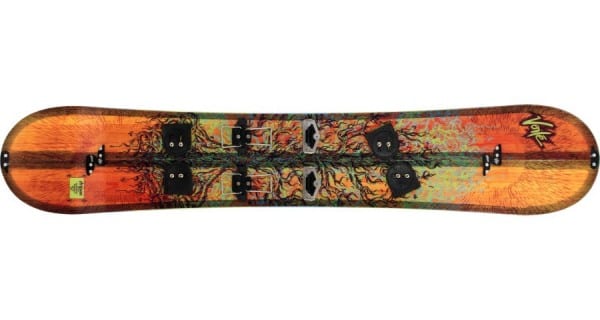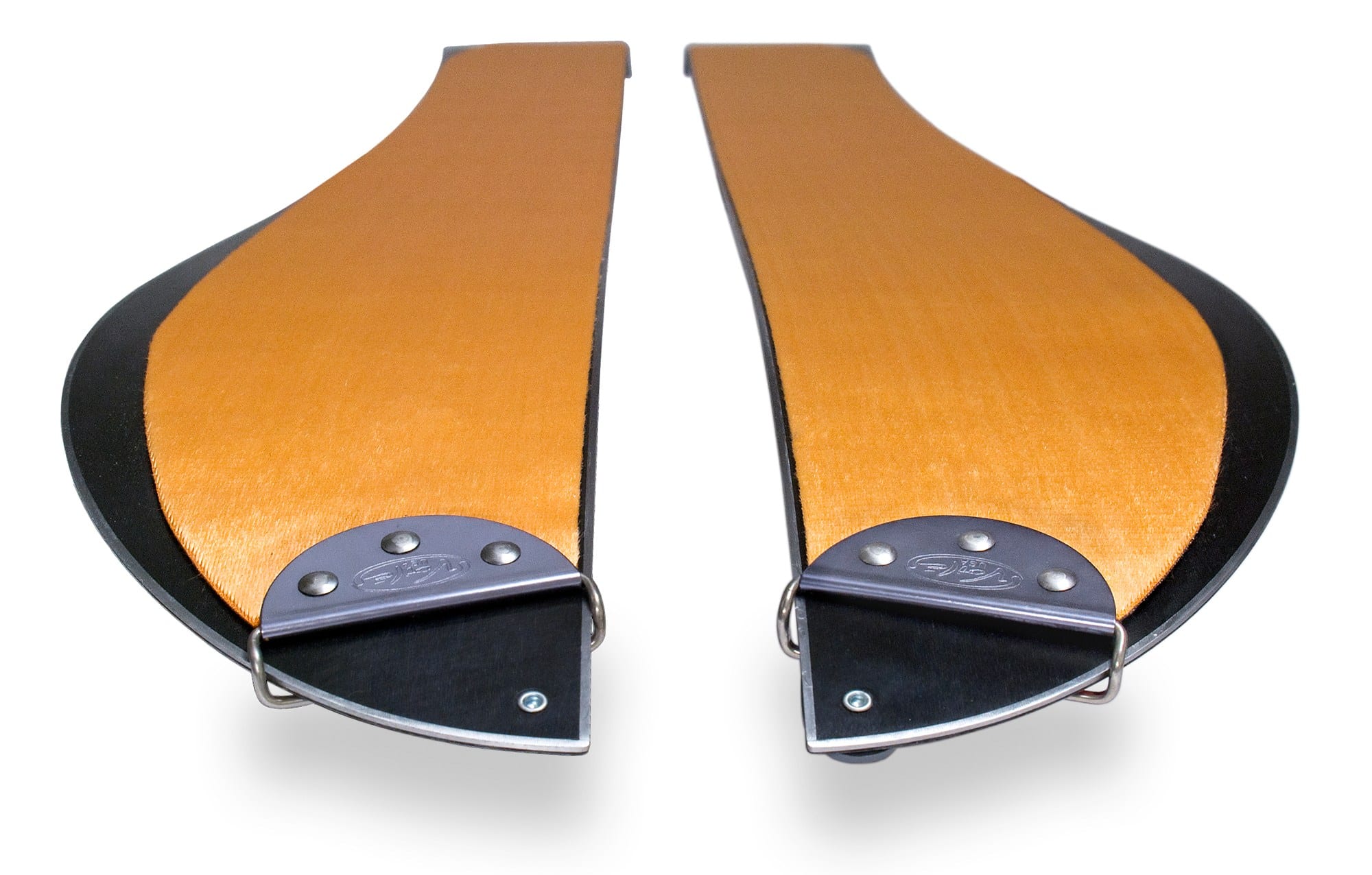Splitboarding the snowy mountains backcountry is the new black. Don’t get left behind, writes Phil Watt.
As Australia’s snow traffic increases, more and more snowboarders are also satisfying their calling to explore Australia’s snow-coated National Parks and shred powder lines they can call their own.
Splitboards are the key for snowboarders heading ‘out back’, although they have taken a long time to gain traction since their inception in the late eighties when Utah local, Brett Cowboy Kobernik, created the first one.
His love of snowboarding had led him to the backcountry in search of fresh tracks, although without a splitboard, he was destined to do it tough carrying his snowboard and hiking. After his mate hacked a snowboard in half, he spent a week putting it back together with materials found at his local hardware store.
Once completed, the first splitboard was born.
It’s now been over twenty years, but splitboarding has been a slowly evolving phenomenon during that time. Snowboard manufacturer Voile created the first commercial splitboard in the mid-nineties, although it has taken years to work its presence into mainstream snowboarding culture.

The original conception of snowboarding – snurfing – gained popularity in the sixties and then the sport of snowboarding grounded and grew its infamous image in the eighties. The ski resort community resisted the ‘derelict’ snowboarding subculture for as long as it could, but by the late eighties the switch had shifted beyond return.
The inevitable evolution of established boarding in the backcountry, therefore, naturally took more time. For what it’s worth, it was worth the wait.
With little use in the nineties and early naughties, splitboards trailed the quantity, quality and aesthetics of conventional boards. Increasing interest by consumers, however, demanded bigger production commitments by the suppliers.
During the latter half of the naughties, splitboard production began to be undertaken by a greater host of manufacturers and the number that were shaped grew substantially. This really cemented splitboarding notoriety.
Now splitboarding isn’t going anywhere. The idea that there’s huge self-unexplored snow territory will certainly appeal to Australia’s snowboarding party.
After all, which boarder wouldn’t be stoked to adventure through the Aussie Alps on a snowboard?
If you’re a one-eyed snowboarder but want to explore the backcountry, then splitboarding is for you. In New South Wales, Kosciuszko National Park nurtures the ski resorts of Perisher, Thredbo, Selwyn and Charlotte Pass. Backcountry enthusiasts – both boarders and skiers – hungrily explore the Kosciuszko region such as Watsons Crags and Mount Twynam.
Common favourites include the runs and reverence provided by Blue Lake, The Sentinel and Club Lake. Cutting first tracks of Carruthers North is also on the list.
The main advantage to split boarding is that there’s no need to also have a set of skis to navigate through the unforgiving magnificence of Kosciuszko’s wilderness which is often not as snowboarder friendly to navigate. Boarders without a splitboard have no option but to carry around a snowboard and skis, with either strapped to their back depending on whether they’re touring uphill or cutting crisp lines.
Splitboards are now a practical and cost-effective choice for cross country boarding. Due to an increased demand around the globe, there is a decrease in cost. Now buying a worthy splitboard is on par with your standard board.
Converting your splitboard is simple: with a few clips opened, an adjustment to the bindings and the application of skins, you’re ready to roll.
If you’re keen to give it a try, you can either make your own by purchasing a conversion kit or buy one outright.
If you prefer to buy off the rack there is a diverse range of cross country and splitboarding gear available in Australia. Rhythm Snow Sports in Cooma are the biggest supplier of splitboards. Over the past few years, they have doubled their splitboarding range.
Thredbo are launching backcountry tours this winter for first timers through to experienced split boarders and Splitfest is the annual event in which Splitboarding is celebrated. 2018 is its seventh year running and it will be held in Jindabyne and surrounds from August 24 to 26.
Editors note: While the backcountry gives you fresh turns in virgin powder but snow conditions can be variable, avalanches can happen and hypothermia in wetter conditions should you lose your way can be deadly. It’s important to go with a guide, have avalanche and backcountry safety gear and know how to use it.
Phil Watt is a health worker by day and columnist on Elephant Journal by night. He is also a new contributor to Wake Up World and has his own website. This is his first blog post for SnowsBest.










Link above directs to Mt Baker Splitfest. For Splitfest Downunder go to http://www.splitfest.com.au/